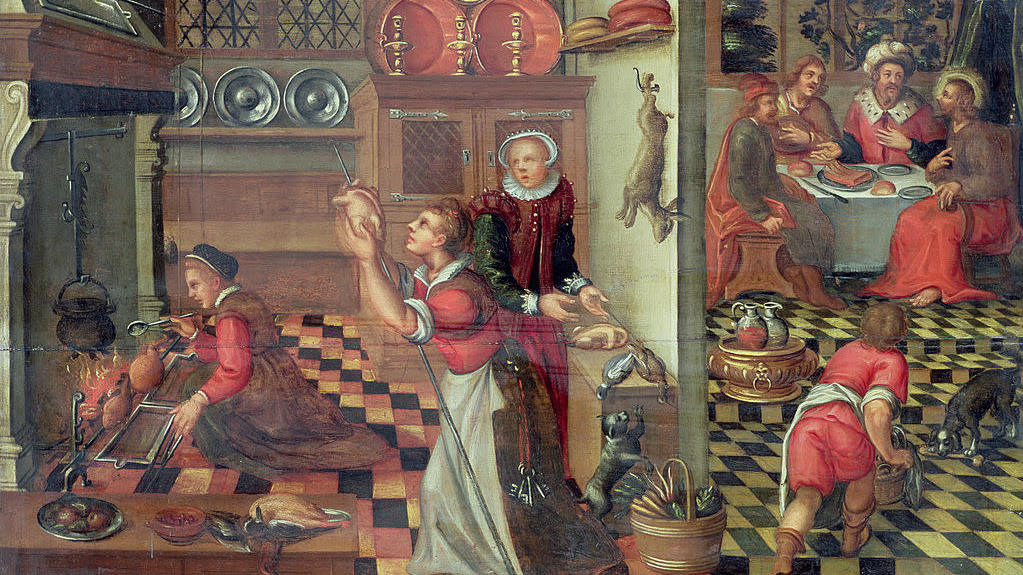The Sifter Helps You, Uh, Sift Through Food History
Food history is both weird and wonderful. Back in the 1960s when Barbara Wheaton was a young scholar, she stumbled across a whole bunch of recipes for blancmange, a medieval food that contained ingredients that had been processed into a white paste. The ingredients varied, but the cookbook authors were always very adamant that they were blancmange. She tried to figure out what specific qualities made blancmange a blancmange, but the only thing that seemed to work was creating a primitive sort of database by writing down keywords in her notebook.
Over the years, Wheaton's list of keywords expanded beyond blancmange, and her method advanced to punch cards and then to a computer database. When she would present the database at academic conferences, scholars would get very excited. As Bee Wilson wrote in a 2015 article in The New York Times Magazine:
When Wheaton mailed me the database on a flash drive, I couldn't wait to start playing with it. And sure enough, I found a storeroom brimming with secrets. You can identify long-forgotten passions, like a brief 18th-century vogue for coffee-flavored waffles, and discover the moments that many of our basic cooking methods started. You might find the first time any cookbook in the collection mentions chocolate as an ingredient rather than a drink (for the record, it's Massialot's ”Cuisinier roïal et bourgeois,” 1691) or the earliest recipe for a basic roux sauce (La Varenne, 1651). But, like a long-handled skimmer reaching deep into the historic cooking pot, ”The Cook's Oracle” can fish out foodways so obsolete no one today even knows to mourn them.
Coffee-flavored waffles! I know that's not the point, but doesn't that sound glorious?
Okay, the real point is that now Wheaton's database is available online for anyone to use. It's called The Sifter, and it's maintained by Wheaton, an advisory board of rotating members of the Oxford Symposium on Food & Cookery, and anyone else who wants to pitch in, Wikipedia-style.
Unlike Wikipedia or the wonderful Food Timeline, there's no narrative here. Instead the database will provide users with a list of authors and documents (and sometimes links), and a curious researcher can put it all together to form her own narrative. Which is kind of exciting.
Wheaton and her team are still trying to get the database working smoothly. (Users can help by sending bug reports.) But if you've got some time, try playing around and let us know what you find.
